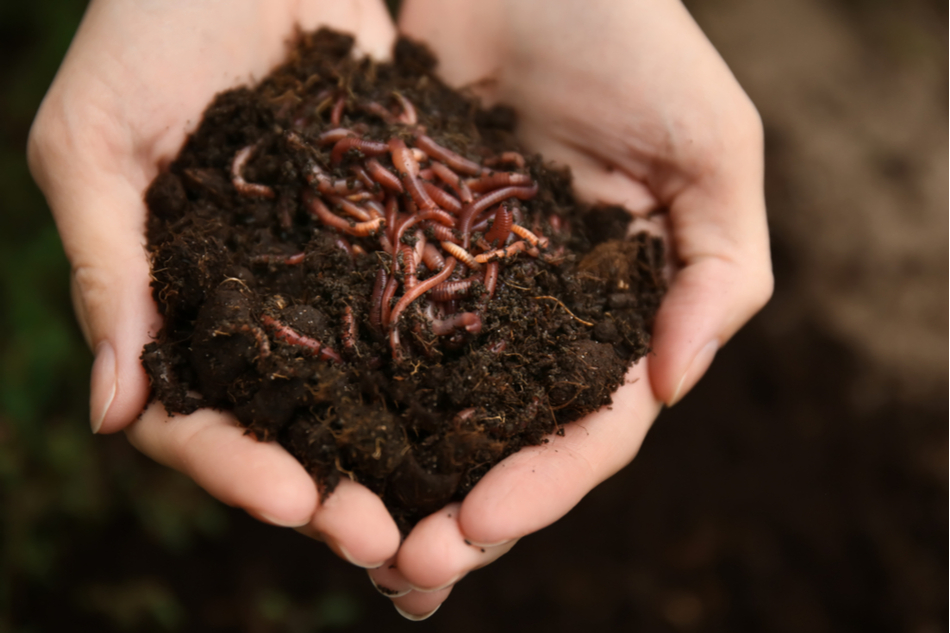
Helping the environment and fertilizing crops by upcycling pee
Here’s something you probably never thought you’d hear: the price of urine per 25 liters has risen from $1 to $6 since the start of the War in Ukraine. This is because there’s now a shortage of agricultural chemicals, and farmers and providers have turned to human urine as an abundant source Read More...

Pee could help feed the world
Humans create a lot of waste. Whether that’s electronic, agricultural, medical, or fuel waste, we have a lot to dispose of. Coming up with creative ideas to use this waste to our advantage could be what saves the Earth and everything that lives on it from the climate crisis. An idea catching Read More...

Oregon wastewater facility makes its own power with human waste
Two weeks ago, we wrote a piece on upcycling your “business,” going into the green uses some companies found for human waste. Innovation and recycling mean looking everywhere possible for solutions, and The Optimist Daily loves writing about the ones that are found… even if they come out of Read More...

Upcycling your "business," 5 uses of human waste
At The Optimist Daily, we keep our ears keened for news about upcycling. It’s an impressive hack, making productive use of discarded materials and waste, turning what was trash into something new. It’s a great solution toward making sustainable products, and we’re always looking for creative Read More...

This is how old batteries could help plants grow
Properly recycling our used batteries is key to preventing toxic waste from polluting the environment. With that said, recycling rates in Australia are quite discouraging, with about 97 percent of alkaline batteries ending up in landfills. A company called Envirostream wants to change that by Read More...

Why your dog shouldn’t poop wherever it wants in nature
Interestingly, poop is a recurring theme at The Optimist Daily. From maintaining a regular bathroom schedule, aiding the search for a home for endangered owls, and fish poop feeding the world’s largest vertical farm. The latest addition to these poop-filled articles is a Belgium study Read More...

How this initiative is helping us worm our way into a greener future
A Nottingham-based initiative called the Urban Worm Community Interest Company (UWC) is helping spur on an urban worm farming movement in the UK that will help the nation deal with waste while simultaneously providing high-grade fertilizer. So far, the enterprise has been granted 50,000 GBP from Read More...

Use coffee grounds to make your garden even more brew-tiful
Wait! Don’t throw those coffee grounds away! Did you know the leftover grounds from your morning brew can do wonders for your garden? Today we share three ways that coffee grounds boost plant health. Add grounds to your compost First and foremost, composting your grounds keeps them from Read More...

This composting technique turns food waste into fertilizer in just 24 hours
Composting organic waste is a great way to prevent it from ending up in landfills and releasing methane, a greenhouse gas a lot more potent than CO2. The problem, however, is that in conventional composting conditions, it can take between six and 24 months to turn food scraps into ready-to-use Read More...

Scientists use food waste to create eco-friendly liquid fertilizer
While it’s well known that compost made from food scraps helps plants grow, scientists have now figured out how to create a liquid fertilizer out of fermented food waste, which can boost beneficial bacteria within plants making them more resistant to pathogens and reducing carbon emissions from Read More...


